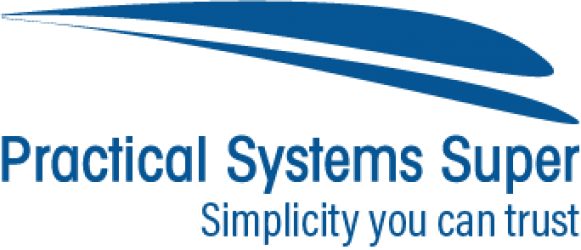While thankfully there has not been a lot of legislative change relating to self-managed super funds lately, there will still be much to occupy trustees’ minds over the next 12 months.
Auditing changes (whether it be stricter rules on auditor independence or more oversight over investment strategies), the winding back of COVID-19 relief measures and the likely indexation of the $1.6 million transfer balance cap (TBC) and the contribution caps, are all issues they may have to grapple with in 2021.
But perhaps the biggest issue looming is the government’s review into identifying what impedes the supply of good, affordable personal financial advice and then hopefully outlining the necessary steps regulators and industry need to take to improve consumer access to such advice.
This review – submissions to ASIC are due by January 18 – has the potential to lower the cost of advice to SMSF investors without sacrificing quality. Hopefully, it will make it easier for personal advice to be scaled up and down to cover only those areas relevant to the advice they are seeking, thus avoiding the need to pay for a complete – and expensive – advice package.
We saw a glimpse of how this could work when measures were introduced earlier this year, in a limited and temporary form, to help consumers impacted by COVID-19 obtain affordable and timely financial advice. Certainly, for those SMSF investors who shy away from advice because of the cost, this could prove very beneficial.
Although we will not know until the December 2020 quarter CPI figure has been released, it is looking likely that the TBC will be indexed and will increase from $1.6 million to $1.7 million from July 1, 2021.
SMSF investors who start to receive a superannuation pension from their fund, or any superannuation fund, for the first time on July 1, 2021 will have their pension balance assessed against this higher threshold.
For members who had already started a superannuation pension before July 1, 2021, their entitlement to indexation will depend on the amount of the TBC they have not previously used, so their TBC will be somewhere between $1.6 million and $1.7 million.
Spotlight on asset valuations
The concessional contributions cap is expected to increase from $25,000 to $27,500 from July 1, 2021, which means the non-concessional contributions cap will rise to $110,000 and the maximum two-year bring-forward amount will increase to $330,000. From the second half of 2021, this could create new opportunities for some SMSF investors to contribute more to their SMSF without triggering an excess contribution.
Expect SMSF auditors to pay close attention to investment strategies in the wake of new guidelines released by the ATO in early 2020. SMSF trustees must ensure they have properly considered their investment strategy in terms of asset diversification and whether the fund is structured to meet the fund’s investment objective and its liquidity and cash-flow needs.
This is particularly pertinent where a fund has a large proportion of its investments in one asset or asset class. In 2019, the ATO wrote to more than 17,000 SMSF trustees who, according to their records, had 90 per cent or more of the fund’s assets invested in a single asset or asset class. While investing in one asset, or only one asset class, is not necessarily a breach of the rules, the purpose of the ATO letter was to remind trustees of the need to ensure they have properly considered the risks associated with such a strategy.
It was also to remind SMSF trustees of the need to properly construct their fund’s investment strategy by considering the fund’s investment objective, the benefits of investment diversification and the fund’s liquidity and cash flow needs.
The ATO has also recently updated its valuation guidelines for SMSF trustees to ensure they can substantiate the value assigned to investments such as property and other unlisted assets. So asset valuations are also likely to be high on the list of SMSF audit hotspots.
The ATO has also announced stricter rules will apply to SMSF auditor independence. Accounting firms that use “Chinese walls” to prepare an SMSF’s financial accounts and then audit these accounts will, in most cases, no longer be able to do so. Although transitional rules apply, some SMSF trustees may find themselves needing to appoint a new auditor in 2021.
As the COVID-19 relief measures begin to be wound back, SMSFs that own property must ensure they adjust their lease agreements with tenants accordingly, particularly where there is a related-party tenant to ensure payments are consistent with a commercial arm’s length arrangement.
The same principle applies where an SMSF may have borrowed money under a limited recourse borrowing arrangement. If the lender is a related party, it is very important that loan repayments are consistent with an arm’s length arrangement.
The last issue will only concern a small minority of SMSFs, but for those for whom it does, it could be hugely important. Although the legislation is yet to be passed, six-member SMSFs are looking increasingly likely, possibly as early as April. It could open new opportunities for family SMSFs, particularly in terms of reducing fees and providing extra investment flexibility.
Hopefully 2021 proves far less challenging – and stressful – than 2020. But even if that proves to be the case, trustees need to be on full alert. As always in the SMSF world, change is the only constant.
Opinion piece written by John Maroney, CEO, SMSF Association

